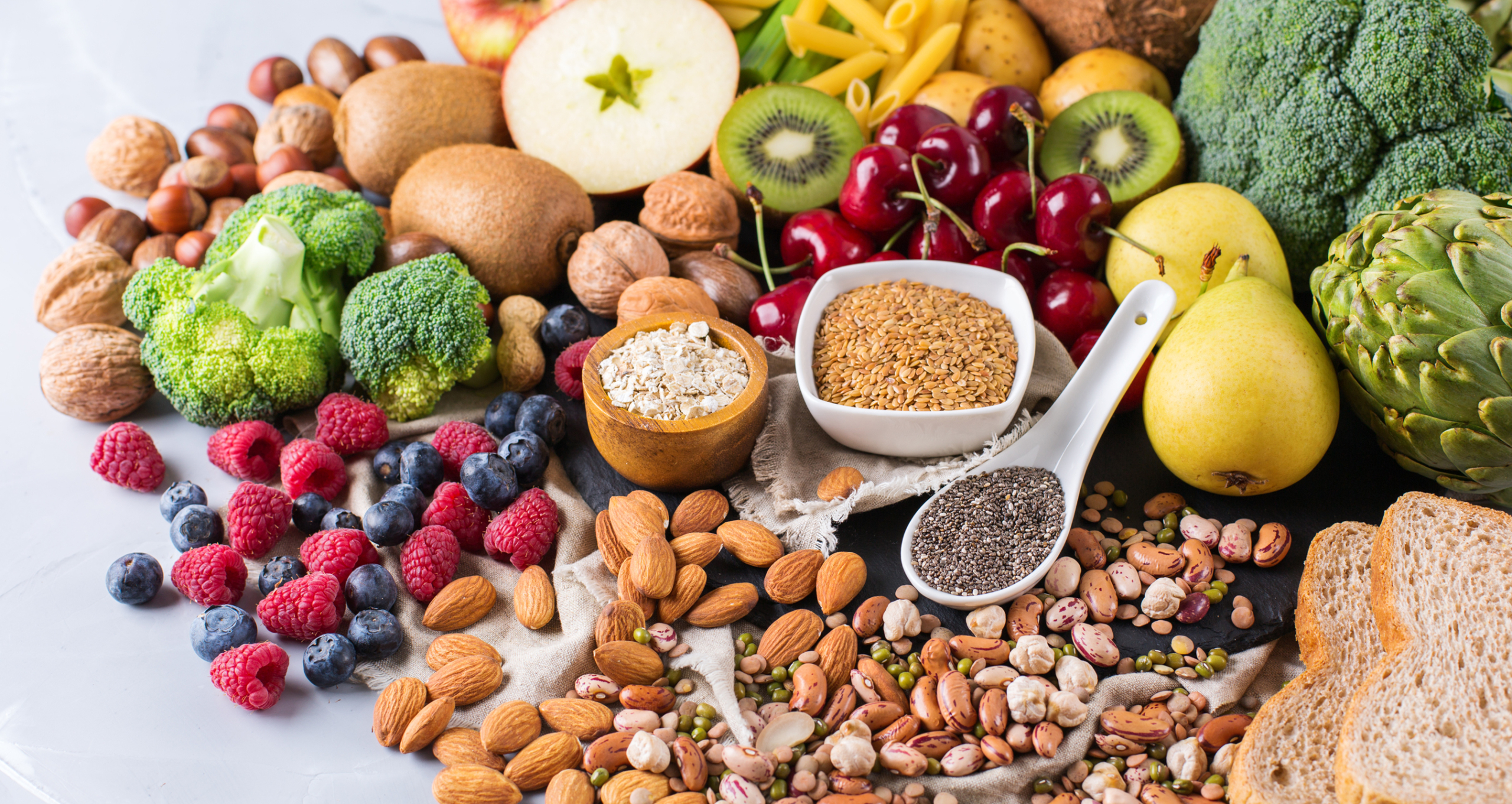Eating to Calm Inflammation and Enhance Health: A Q&A with Our Dietitian
Don’t miss any updates when you sign up for our Living Well e-newsletter here.
We hear a lot about chronic inflammation in the body and how it can worsen conditions like heart disease, arthritis and pain. We know we’re supposed to eat anti-inflammatory foods to enhance our health.
But what are anti-inflammatory foods, anyway, and how do they make us feel better? We asked Memorial Regional Health Registered Dietitian Sarah Hartman to share her tips and wisdom.
Q. First of all, what is chronic inflammation in the body, and why is it bad?
A. Let’s say you cut your finger. Your body sends inflammatory cells and cytokines to the injured area to start the healing process. This is good inflammation.
But chronic inflammation is bad inflammation. It’s when the body’s natural inflammatory response overreacts and doesn’t stop. For example, in rheumatoid arthritis, the body’s inflammatory cells attack joint tissues, causing pain and deformity. Chronic inflammation can also be caused by environmental toxins, infection, poor nutrition and stress.
We can’t see chronic inflammation, but it’s known to contribute to diabetes, heart disease, cancer, Alzheimer’s disease and arthritis. In addition to worsening disease, it can cause pain, mobility problems, gastrointestinal issues, brain fog and more.
Q. How does poor nutrition contribute to chronic inflammation?
A. Some foods cause inflammation by altering the bacteria in our gut. For instance, eating refined foods like packaged cookies and white bread can increase blood sugar levels and lead to bacterial overgrowth, which in turn causes inflammation. Saturated fats and trans fats also release inflammatory proteins in the bloodstream.
Q. OK, so sugar and saturated fats are inflammatory?
A. Yes, foods high in added sugars—such as soda, candy, desserts, cookies and even some foods that appear to be healthy, like granola bars, and definitely sugar-sweetened cereals—can cause bad inflammation. In the grocery store, look for the “Added Sugars” on the Nutrition Facts label to get the real deal. The American Heart Association (AHA) recommends no more than 25 grams of added sugars per day for women (6 teaspoons) and 36 grams for men (9 teaspoons). Note that one can of soda contains 8 teaspoons of sugar.
Too many saturated fats in the diet can raise your bad cholesterol and promote the build-up of fatty plaque in your arteries. But they can also contribute to inflammation. Red meat gets a bad name because of this type of fat. Whole-fat dairy also contains saturated fats. I always say each of us has a certain budget when it comes to how much saturated fat to consume each day, so spend it wisely. The AHA recommends no more than 7% of total caloric intake as saturated fat, so that would give you 11 grams of saturated fat a day on a 1,500-calorie diet or 15 grams a day on a 2,000-calorie diet. To give you an idea: just 3 ounces of ground beef (85% lean) contains 5 grams of saturated fat. A packaged jumbo blueberry muffin might contain 6 grams of saturated fat. Leaner cuts of meat as well as dairy foods with lower fat give you more bang for your saturated-fat budget.
Q. Are other foods inflammatory?
A. Excess alcohol is inflammatory. I recommend following the Dietary Guidelines for Americans, which advises limiting alcohol intake to two drinks or fewer per day for men and one drink or less per day for women.
There is also some thinking that excess gluten in the diet can be a source of inflammation. Try reducing the total amount of gluten you eat for a couple of weeks and see if this makes a difference in how you feel.
Q. So are there foods that are anti-inflammatory?
A. Yes! Simple, whole foods like fruits, vegetables, nuts, seeds and fatty fish are anti-inflammatory. That means they contain natural compounds like antioxidants, polyphenols and omega-3s that protect the body from inflammation.
Here are some anti-inflammatory foods to include in your diet:
Herbs—such as rosemary, turmeric, ginger, garlic
Fruits—such as berries, apples, cherry juice, avocado
Vegetables—such as broccoli, spinach or kale, olive oil
Omega 3 fatty acids—such as salmon, tuna fish, chia seeds
Nuts—such as walnuts, almonds, pistachios
Miscellaneous—such as dark chocolate at 80-90% cacao (lower sugar content) and green tea
Preparing meals and snacks from scratch helps to incorporate these ingredients, which aren’t usually found in processed or fast foods. Think of food in its truest form. Think more plants that are colorful (antioxidants), whole grains (nutrients), nuts (healthier fats), fish (omega 3 fatty acids) and leaner cuts of meat (less saturated fat).
Q. Can you recommend an anti-inflammatory eating plan?
A. People who follow a Mediterranean diet pattern of eating have been found to have lower inflammation levels. This eating plan incorporates foods from the Mediterranean climate such as olive oil, olives, avocados, nuts, seeds, whole grains, fish and seafood, cheese, yogurt, eggs, a variety of fruits and vegetables (especially those that are darker in color) while limiting sugar, salt and saturated fats.
More information on the Mediterranean diet can be found at Eatingwell.com under “Special Diets” and “Meal Plans.”






